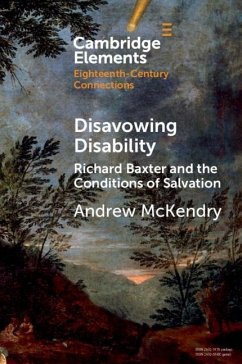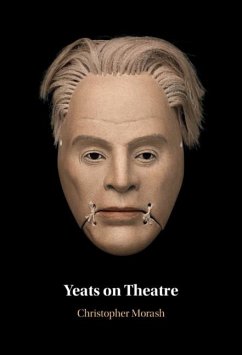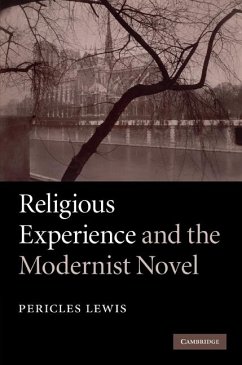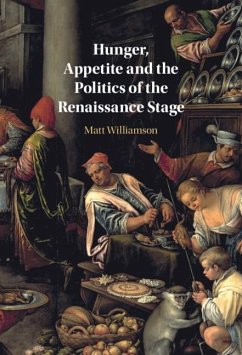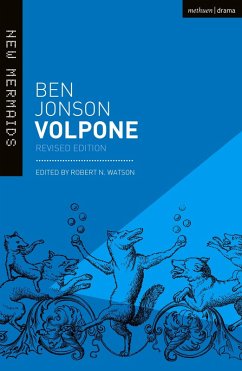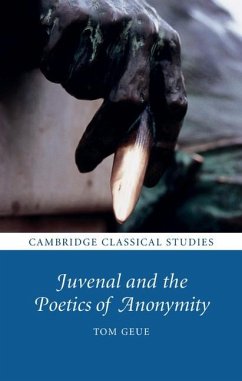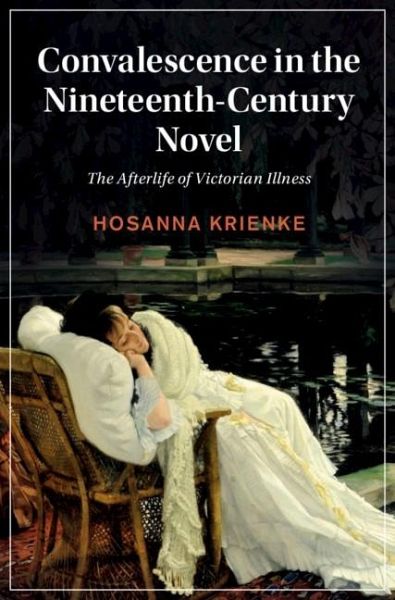
Convalescence in the Nineteenth-Century Novel (eBook, ePUB)
The Afterlife of Victorian Illness
Versandkostenfrei!
Sofort per Download lieferbar
55,95 €
inkl. MwSt.
Weitere Ausgaben:

PAYBACK Punkte
28 °P sammeln!
Victorian Britain witnessed a resurgence of traditional convalescent caregiving. In the face of a hectic modern existence, nineteenth-century thinkers argued that all medical patients desperately required a lengthy, meandering period of recovery. Various reformers worked to extend the benefits of holistic recuperative care to seemingly unlikely groups: working-class hospital patients, insane asylum inmates, even low-ranking soldiers across the British Empire. Hosanna Krienke offers the first sustained scholarly assessment of nineteenth-century convalescent culture, revealing how interpersonal ...
Victorian Britain witnessed a resurgence of traditional convalescent caregiving. In the face of a hectic modern existence, nineteenth-century thinkers argued that all medical patients desperately required a lengthy, meandering period of recovery. Various reformers worked to extend the benefits of holistic recuperative care to seemingly unlikely groups: working-class hospital patients, insane asylum inmates, even low-ranking soldiers across the British Empire. Hosanna Krienke offers the first sustained scholarly assessment of nineteenth-century convalescent culture, revealing how interpersonal post-acute care was touted as a critical supplement to modern scientific medicine. As a method of caregiving intended to alleviate both physical and social ills, convalescence united patients of disparate social classes, disease categories, and degrees of impairment. Ultimately, this study demonstrates how novels from Bleak House to The Secret Garden draw on the unhurried timescale of convalescence as an ethical paradigm, training readers to value unfolding narratives apart from their ultimate resolutions.
Dieser Download kann aus rechtlichen Gründen nur mit Rechnungsadresse in A, B, BG, CY, CZ, D, DK, EW, E, FIN, F, GR, HR, H, IRL, I, LT, L, LR, M, NL, PL, P, R, S, SLO, SK ausgeliefert werden.






